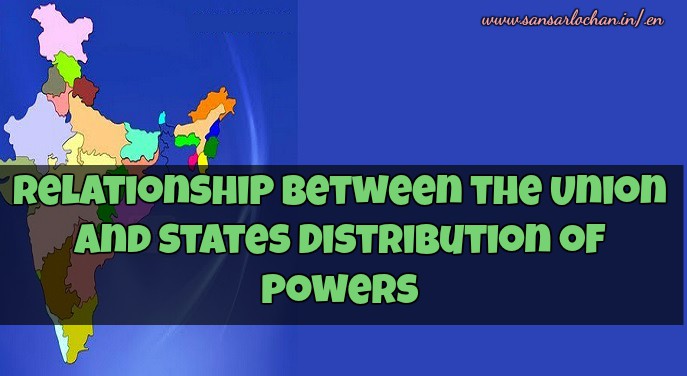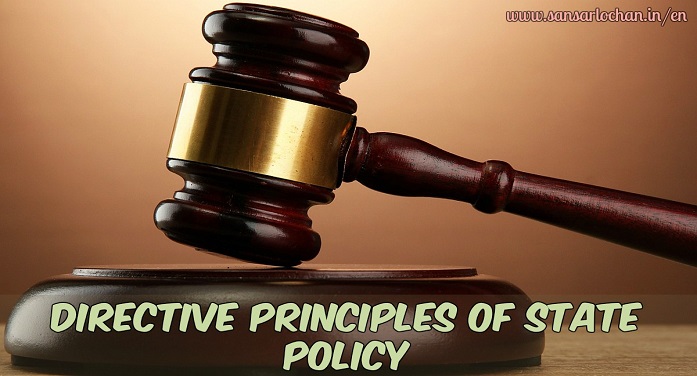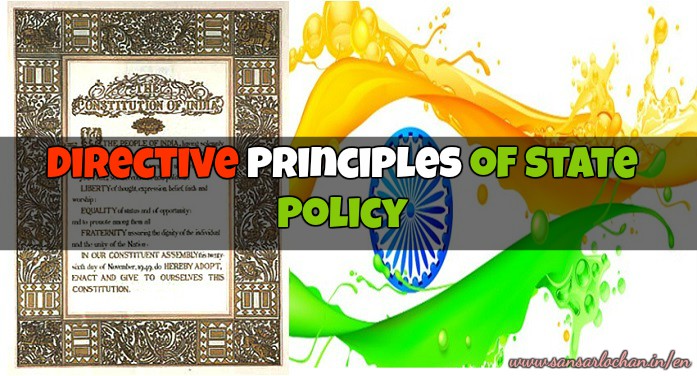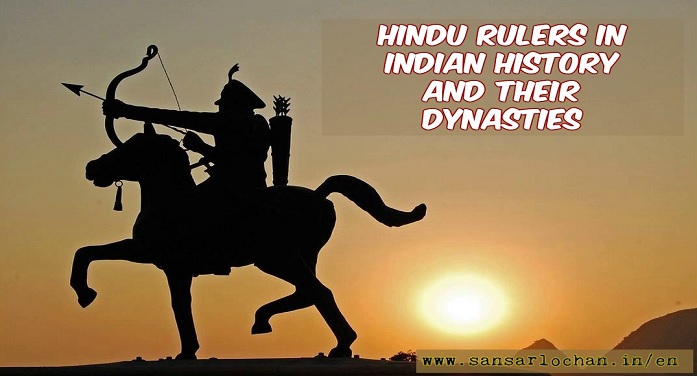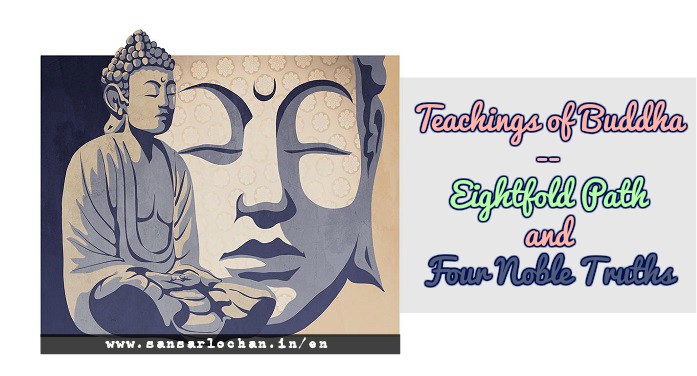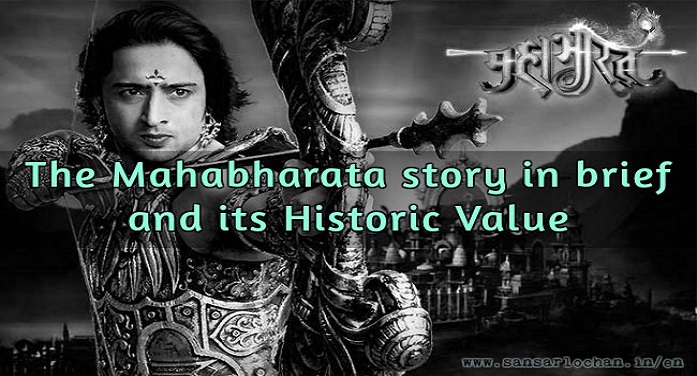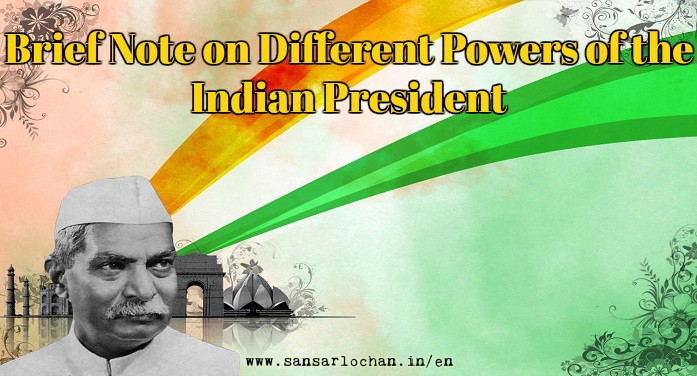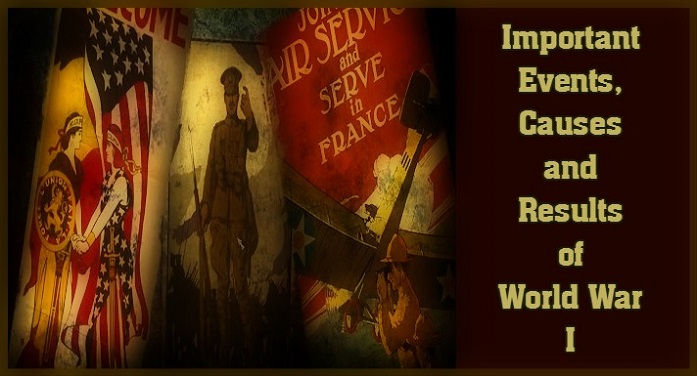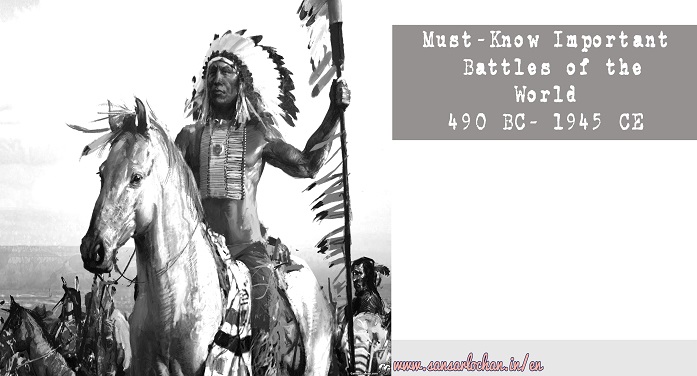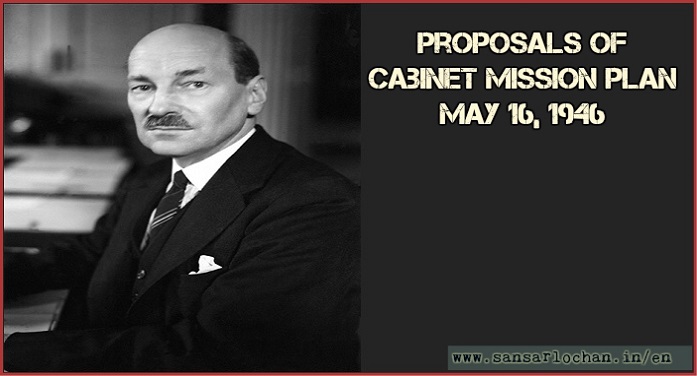The distribution of powers forms the core of the Indian Constitution. Executive authority in a federation is co-extensive with legislative competence. Provisions in the Constitution are there for spheres of activities of the Union and Constituent units. In India we had a federal constitution, wherein the residuary powers were mentioned in the 1935 Act. At the Round Table Conference they … Read More
List and Details about Fundamental Rights and Related Articles
The Indian Constitution follows the modern practice in laying down certain fundamental rights for the benefit of the citizens. This is a subject in which every citizen is interested and therefore the framers have adopted these rights for the achievement for which other countries have struggled for centuries together, while in India we have got them almost overnight. Part III deals with … Read More
Short note on Directive Principles of State Policy – Explained
The Directive Principles of States Policy though not enforceable through court of law are regarded as “fundamental in the governance of the country”. They are merely instructions or directives issued to the Legislatures and the Executives or the day-to-day administration of the country. The State is directed to promote the welfare of the people. These are moral precepts, and impose … Read More
List of Hindu Rulers in Indian History and their Important Dynasties
The Pre-Mauryan Age In 600 B.C. India was divided into a number of independent monarchies and republics. Kosala with its capital at Saraswati, Magadha with Rajagriha as its capital at Saraswati, Magadha with Rajagriha as its capital and Avanti with Ujjain as the seat of Government were important kingdoms. Besides these, there were a large number of smaller kingdoms and … Read More
Teachings of Buddha : His Eightfold Path and Four Noble Truths
The teachings of the Buddha like his Eightfold Path and Four Noble Truths were essentially simple and of a practical nature. He did not concern himself with the problems of God or the Soul, as he believed such discussions were of no help in one’s moral progress. He declared that everything was transitory or impermanent. Like other teachers of his … Read More
The Mahabharata : Its Historical Value and Story-Line
The framework of the epic Mahabharata deals with the great conflict between the Kauravas, the hundred sons of Dhritarastra, and the Pandavas, the five sons of Pandu. The Mahabharata was the final outcome of their long-standing rivalry. Brief story of The Mahabharata After the death of Vichitra-Virya, the Kuru ruler, his younger son Pandu succeeded him because his elder brother Dhritarastra, was born … Read More
A Brief Note on the Powers Enjoyed by the Indian President
India is a republic. Its administration is headed by the President. However he is a constitutional ruler only. The country is governed in fact by the Prime Minister and his cabinet. Nevertheless the President enjoys some powers which may be categorized as 1. Executive Powers 2. Legislative Powers 3. Financial Powers 4. Judicial Powers 5. Emergency Powers. Executive Powers He is vested … Read More
Important Events, Causes and Results of World War I
The first World War was waged mostly in Europe. It lasted from 28th July, 1914 to 11th November, 1918. It was originally called Great War. But it came to be known as first World War in reference to the Second World War which took place 20 years later. This war originated in Europe. In this war 70 million soldiers participated … Read More
Must-Know Important Battles of the World 490 BC- 1945 CE
War is an evil which has ruled the course of History from the ancient times. For several different reasons peoples, tribes and nations have been fighting with each other from time immemorial. We are all aware of such big battles as Mahabharata. Here however we will throw here light on some comparatively notable battles which were waged in the recorded past in the various … Read More
Proposals of Cabinet Mission Plan May 16, 1946
Mr. Clement Attlee, the British Premier, made a declaration in the House of Commons on March 15, 1946, that a British Cabinet Delegation consisting of Lord Pethick Lawrence, Secretary of State of India, Sir Stafford Cripps and Mr. A.V. Alexander (the First Lord of Admiralty) would visit India to make recommendations regarding the constitutional reforms in India. The Cabinet Delegations … Read More
